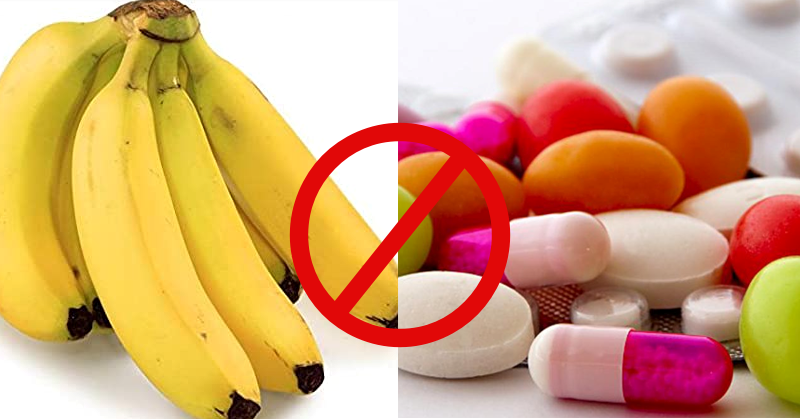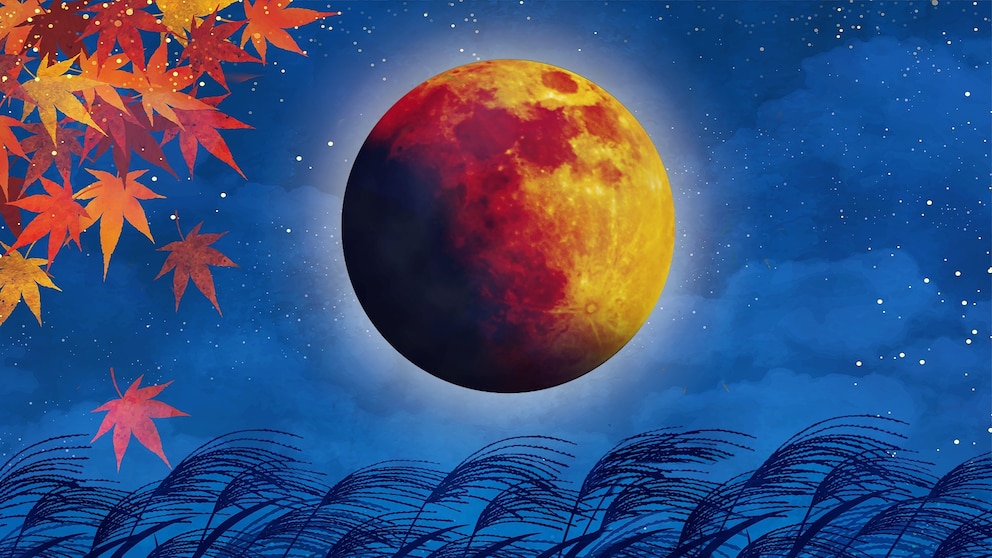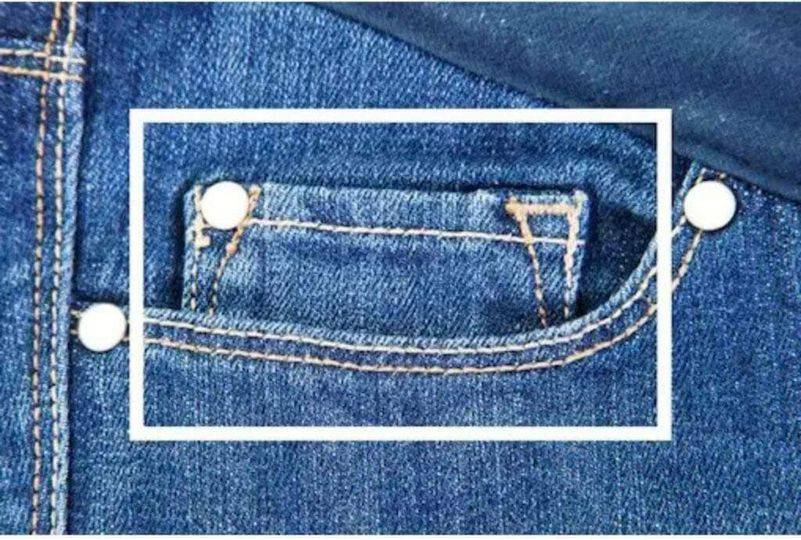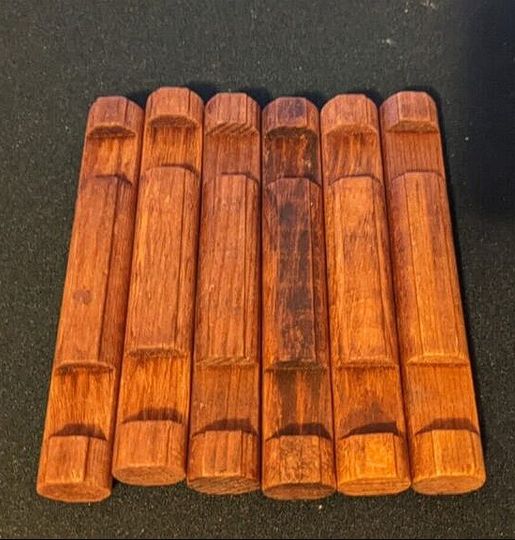Have you ever wondered why certain medications don’t work after several days of use? Normally, people who have experienced this will conclude that the drug is fake, expired, or even a wrong prescription. Some will even go as far as blaming their village people for being at the top of their game. But do you know there are certain foods and medicines you shouldn’t mix together?
Yes, certain meals can prevent your medications from working, or worse still, cause dangerous side effects. Many people probably do not know this, so share to save a life.
1. Banana and Anti-hypertensive Drugs
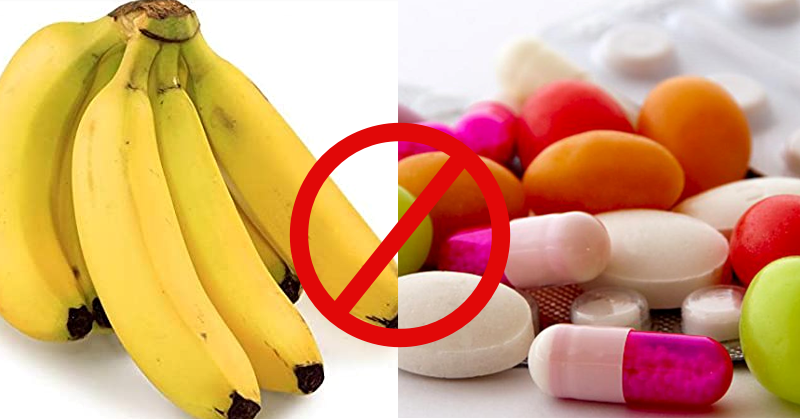
While bananas are rich in potassium, anti-hypertensive drugs also increase potassium levels in the blood. Combining anti-hypertensive drugs with bananas can lead to too much potassium, causing irregular heartbeat, heart palpitations, and potentially serious conditions such as arrhythmia. Love your heart and be careful with this combination.
2. Vitamin C and Anti-malaria Drugs
All drugs are metabolized in the liver. The liver is rich in iron, which is crucial for the lifecycle of malaria parasites (plasmodium). Vitamin C enhances the absorption of iron, which is then stored in the liver. This abundance of iron provides a perfect environment for malaria parasites to thrive and multiply, counteracting the effect of any malaria drug you’re taking. So, take it easy on those citrus fruits or supplements when you’re treating malaria.
3. Painkillers and Soft Drinks
Soft drinks contain carbonated water, which is clearly labeled on the bottle or can. Carbonated water is made of carbon-dioxide gas and water. When you take painkillers with soft drinks, the carbon-dioxide gas and the acids increase the concentration of the drugs in your blood, leading to toxicity, which can be fatal.
4. Dairy Products and Antibiotics
Antibiotics are drugs used to treat and prevent bacterial infections. Examples include tetracycline and penicillin. Dairy products are rich in calcium, which can prevent your body from absorbing these antibiotics effectively, reducing the drug’s efficacy.
5. Grapefruit and Statins
Statins are a class of drug used to lower cholesterol levels. Like most drugs, statins also come with side effects. Grapefruit contains a compound that halts the breakdown of statins in the intestine, leading to increased levels of the drug in your body and raising the risk of side effects.
6. Leafy Vegetables and Anti-Coagulants (Blood Thinners)
Anti-coagulants (Blood Thinners) decelerate blood coagulation. They don’t actually thin your blood but prevent blood clots from growing larger and are used to prevent strokes and treat heart disease. Examples include aspirin and warfarin. Leafy vegetables are rich in vitamin K, which promotes blood clotting. Thus, consuming leafy vegetables can counteract the effect of the blood thinners.
